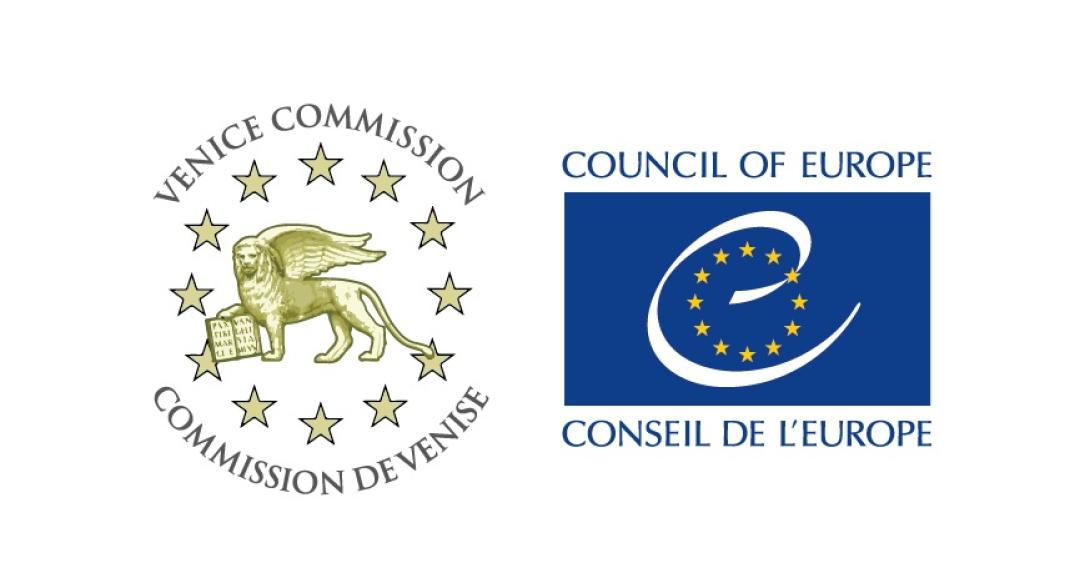
Venice Commission Calls for Comprehensive Improvements in Georgia's Election Laws

The Venice Commission, in collaboration with the OSCE Office for Democratic Institutions and Human Rights (ODIHR), issued a report on December 19 stating that Georgia's recent changes to its Electoral Code and Parliamentary Rules of Procedure, specifically regarding the Central Election Commission's (CEC) composition and the selection of its impartial members and chairperson, are a positive step. However, these amendments need more development, and previous recommendations must be addressed.
Key legislative concerns left unresolved in Georgia's recent reforms include the boundaries of electoral districts, strict residency requirements for presidential and parliamentary candidates, other excessive criteria impacting voter and candidate eligibility, formation of election commissions, rules against using official positions for campaigning, high donation caps in campaigns affecting fairness, additional campaign finance regulations and oversight, detailed media campaign rules, enhancing the electoral dispute resolution process for effective legal redress, and measures against voter intimidation.
The Commission observed the remarkable frequency of electoral law amendments in Georgia recently. Following a political deal on April 19, 2021, major 2021 amendments, including changes to the CEC composition, were largely welcomed. However, subsequent amendments have diverged from this broad agreement.
The latest proposed changes focus primarily on the CEC's structure and the appointment of its impartial members and chairperson. These proposals are deemed complex and somewhat perplexing, marking a shift from earlier reforms in 2022 and 2023. They were quickly drafted by the ruling party with limited stakeholder consultation.
The Commission notes that the timing of these reforms, less than a year before the October 2024 elections, is not ideal. While acknowledging the intent to rectify electoral framework issues before these elections, the Commission laments the neglect of earlier suggested improvements. It emphasizes the importance of stable electoral laws for public trust and cautions against frequent changes that might confuse voters and electoral authorities.
The Commission reasserts prior recommendations on election commission composition, suggesting amending the draft to seek consensus in appointing/electing CEC's impartial members and chairperson, possibly requiring a 2/3 parliamentary majority initially, followed by a qualified-majority anti-deadlock mechanism, with simple majorities as a last resort; extending the anti-deadlock mechanism's proposed timeline; reassigning the nomination power for CEC's impartial members and chairperson from the Parliament Speaker to the President; mandating reasoned decisions by the Parliament Speaker and President on nominating, rejecting, and appointing CEC candidates; retaining the deputy chairperson role elected from opposition party-appointed CEC members; adjusting the draft to limit the term of office for CEC's impartial members and chairperson appointed through the anti-deadlock mechanism, preventing extensions.
See Also


Mirzoyan Meets US Deputy Assistant Secretary Joshua Huck

Azerbaijani President Holds Talks with UAE and German Business Delegations on Economic Cooperation

Grigoryan Confirms Armenia’s Readiness to Dissolve OSCE Minsk Group Upon Peace Treaty Signing

Azerbaijani Official Warns of Ecological Risks to Caspian Sea, Similar to Lake Urmia and Aral Sea

